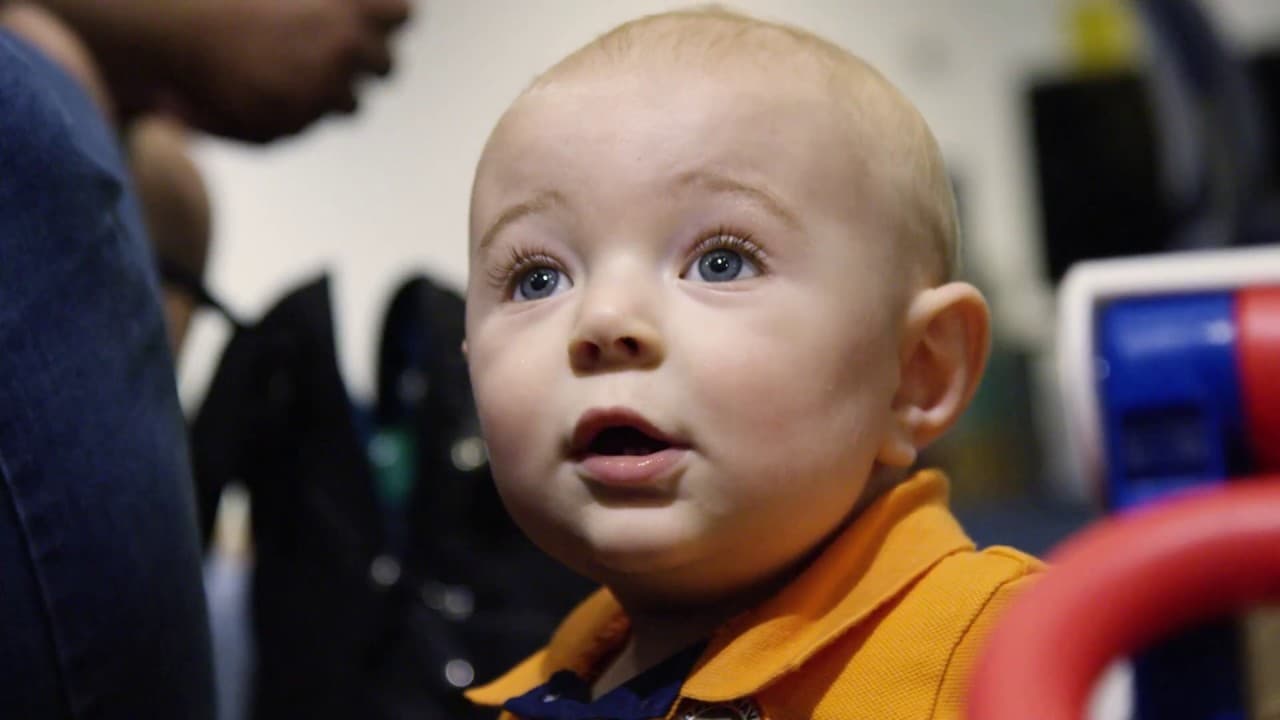Cleft Lip and Palate Care at Shriners Hospitals for Children - Boston

Cleft Lip and Palate Care at Shriners Hospitals for Children - Boston
Hillary Smith:
A child life specialist is somebody that works for the most part in healthcare. We can also work in dental offices, but the majority of the work and our education specializes in child development and responses to hospitalization. So we are specifically here at Shriners, Boston. We are in the outpatient setting, we're in the pre-op area, we're upstairs on the acute care on the surgical specialty floors, and we are reducing any potential negative effects of hospitalization on a child. So we're doing that by bringing play to the bedside, by normalizing their experience, by letting children process what's happening to them in a language that makes sense, which for a child is playing.
I would say that my favorite part of my job is that I'm able to bring play into a situation that you wouldn't ordinarily assume that there's play occurring. When you picture a child with a burn injury or an orthopedic injury, you don't picture them at bedside covered in Play-Doh or a finger painting on an easel that we've rigged above their hospital bed, but that's the type of play that we're doing every day and that's the type of creativity that we get to bring to this somewhat sterile medical environment.
I stay here for my love of the patients and for the work that we're doing. I think that we are really lucky to have the chance to care for patients who are otherwise not receiving this quality of care or that maybe otherwise can't be reached and we're reaching them. So I stay because I know that every day we're making a difference for a child that would otherwise be in not so lucky of a situation. There's some things that I would like to see other hospitals do that we do here one of which would be our parent in the OR program. So when a child comes to our preoperative area, we always allow one parent to come back to the operating room with them. And sometimes it's mom, sometimes it's dad, sometimes they rock paper scissors to decide who it's going to be, but a child is always able to hold a parent's hand while they're going to sleep.
And I think that that not only makes a huge difference for the child, but it really eases the transition for the parents. The parents sees that, wow, I'm putting a gown on, I'm putting a hat on, I'm part of this care team. I really feel validated as a parent and it just makes induction smoother and more comfortable. I would also say that the way that our hospital values the child life team is really remarkable. Child life has worked really hard... Child life as a profession has worked really hard to maintain our spot and to develop a spot in the care team. And more than any other hospital I've worked at, we have a spot here. We really are trusted and valued, and they will wait for us to show up until they started addressing change because they understand what we can bring to the table. And I hope that that level of appreciation is eventually carried through to other hospitals.
There's a poem that was actually written by a child life specialist. And I can't recall all of the words, but it lists things that we are not. It lists that we are not bubble blowers. We are not the keepers of the Play-Doh. We are translators into a language that kids understand. We are people that walk in and within 30 seconds assess a situation, the mood of all of the people in the room, the past experiences of all the people in the room and meet anybody where they're at. And I think that that is really unique to what we do. We do also happen to be the keepers of the Play-Doh, but I think it's what makes our profession really special.